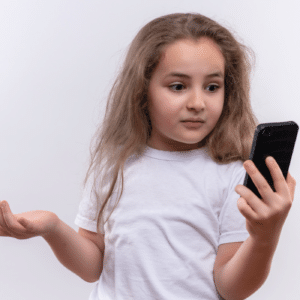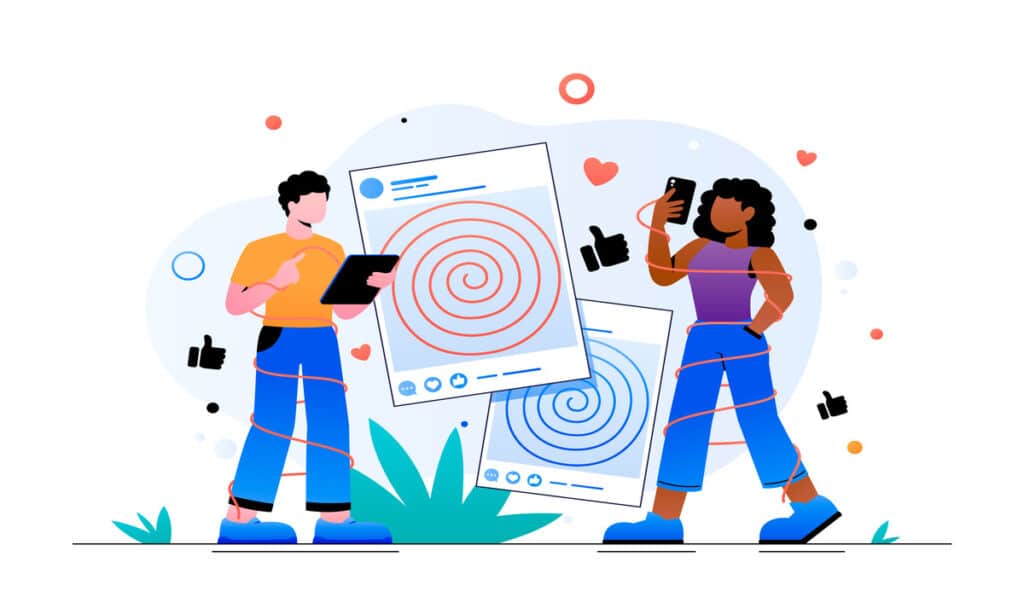
Introduction To Social Media Impact On Teens
Social media is a massive part of teenagers’ lives. It shapes how they spend their time. It also influences how they interact with others. Apps like Instagram, TikTok, and Snapchat keep teens glued to their screens. It can mess with their ability to focus. This constant online activity can scatter their attention. It makes it hard to concentrate for long. Parents and educators need to understand how social media impacts teens’ concentration. By doing so, they can help teens find a better balance between their digital world and developing essential skills. These skills are vital for school and life.
The Importance of Concentration in Childhood Development
Being able to concentrate holds immense importance for kids as they mature. It assists them in excelling in school. They can learn new things more effectively and remain emotionally balanced. When children possess the ability to focus, they assimilate information better. They think through issues with greater clarity. Solid concentration skills foster enhanced learning and problem-solving. Parents must help their kids cultivate these skills.
The Impact of Social Media on Concentration
1. Constant Notifications and Distractions
Social media apps send endless updates and notifications, which contribute to social media addiction in teens. Due to these constant alerts, teens’ focus got distracted, making it hard to stick to the essential tasks. Constantly checking their phones breaks their concentration and makes staying focused on anything important challenging.

2. Attention Span Erosion in Short Videos
Because of Instagram Reels and TikTok, you’ve got these short, catchy videos about quick entertainment. Watching these clips over and over can train teens to want instant gratification. When they switch to longer, stricter stuff, it’s harder for them to stay focused. It can mess with their ability to concentrate intensely and stick with things that need more effort.
3. The Dopamine Rush of Likes and Shares
When teens receive likes and shares on social media, they feel good. It feels like a quick shot of happiness. This feeling and excitement arise when people like or share their posts. This emotion comes from dopamine. It makes them crave more of those positive reactions. They might then spend more time on social media. However, they get disappointed when they receive more likes.
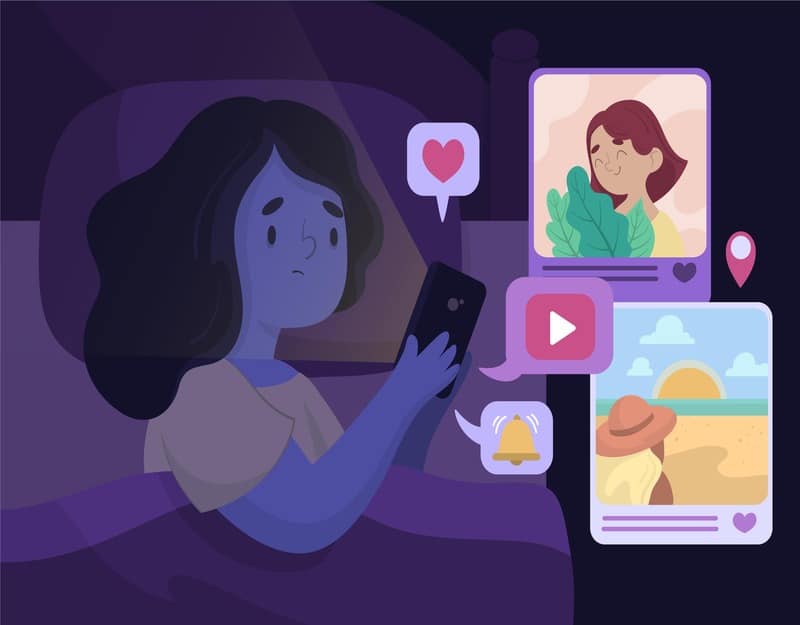
4. Fear of Missing Out (FOMO) and Social Comparison
Teens continuously check their phones as they want to get updates. They don’t want to feel left out. Due to this, they need help to focus on what’s happening right in front of them. Plus, when they compare themselves to others on social media, it can make them feel anxious. And not so great about themselves. They’re always worried about what everyone else is doing and how they measure up.
Consequences of Disrupted Concentration
1. Academic Performance and Learning Difficulties
When teens have trouble concentrating, it messes with their schoolwork. They might need help to focus on studying, which can mean lower grades and not completing their assignments on time. Sometimes, they lose interest in learning altogether. Due to distractions, it becomes harder for them to remember what they need to learn and achieve their school goals.
2. Shortened Attention Span and Difficulty Focusing
When teens are constantly distracted by social media, it messes with their ability to concentrate. It becomes difficult for them to stay focused on essential things or get trouble doing tasks for a long time. All those notifications and posts keep pulling their attention away, making it hard to get into studying or doing tasks that need attention. It makes it tricky for them to do well in school and stay on track with their goals.
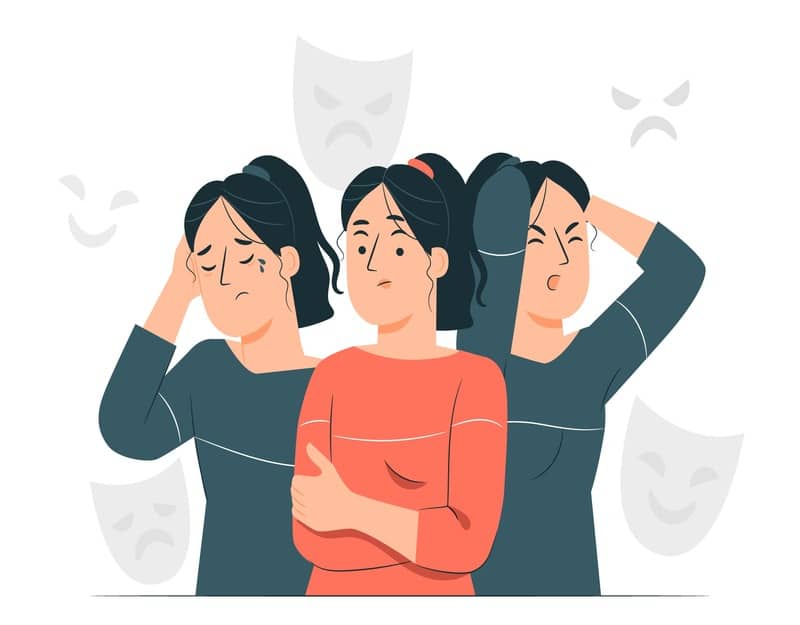
3. Increased Anxiety and Impulsivity
Due to excessive use of social media, teens feel anxious as they worry about missing out and start comparing themselves to others, which affects their confidence. This stress can lead to impulsive reactions and make it hard for them to stay calm in everyday situations. Social media’s pressure influences how they handle daily challenges.
Strategies for Helping Your Teen Focus in the Digital Age
1. Open Communication and Setting Boundaries
To help your teen concentrate better, talk openly about how much time they spend online. Establish clear guidelines, such as setting limits on screen time and scheduling breaks for other activities. This approach helps them concentrate on schoolwork and hobbies without their devices becoming a distraction. Finding a healthy balance between their online activities and other responsibilities is critical.
2. Encouraging Alternatives and Digital Detox Periods
Encouraging your teen to try hobbies like playing sports, reading books, or doing creative projects helps them take a break from screens and stay active and relaxed. These activities give them a chance to unwind and have fun without needing to use digital devices.
Also, it’s helpful to plan times when they take a break from their devices altogether. This “digital detox” lets them recharge and focus better. Taking breaks from social media and screens can make them less hooked on their phones and encourage more fun offline activities.
3. Mindfulness Practices and Focus Training
Teaching your teen mindfulness can help them concentrate better. Taking a moment to breathe deeply or meditate can calm their mind and make focusing easier. Remind them to practice these techniques regularly to improve how long they can pay attention without getting distracted.
Also, doing activities that require focus, like solving puzzles or writing in a journal, can help them get better at staying on task. These exercises challenge their brain to concentrate more, making it easier to stick with what they’re doing. Teaching them these skills can help them handle distractions in today’s digital world.
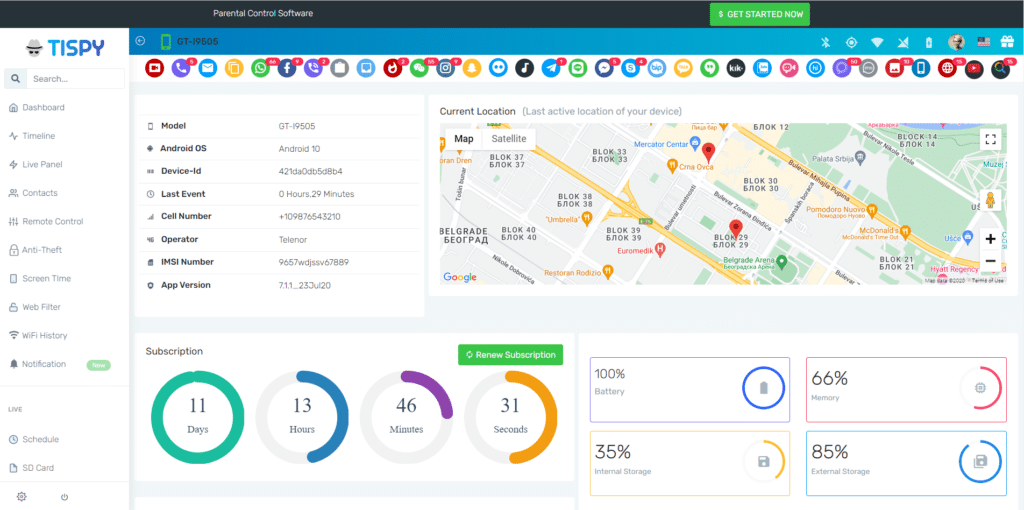
TiSPY Is Here To Help
TiSPY allows parents to see and control how much time their kids spend on social media. It tracks screen time, blocks things they shouldn’t see, and lets parents set limits on phone use. It makes it safer for teens online and helps balance their digital lives. TiSPY enables parents to step in early and assist their children in staying focused, ensuring they remain focused on social media. It provides parents with practical tools to help guide their children responsibly.
Conclusion
To sum it up, the impact of social media on teenagers’ ability to concentrate is significant. It’s becoming a bigger problem. Parents, teachers, and everyone in society must tackle this issue together. We can know how it affects them. By coming up with good ways to deal with it and using tools like TiSPY, we can help teens build better habits. They can focus more. Together, we can help teens develop healthy digital habits, stay focused, and succeed in school and life despite all the digital noise.

